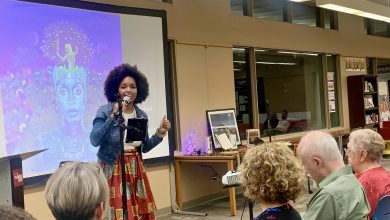Open Access and Peer Review
You may have read or heard about the widely reported “sting operation” conducted by Science contributing correspondent John Bohannon, and published in last week’s issue of Science. Bohannon automatically generated scientific papers that were credible but at the same time deeply flawed. He submitted them to over 300 open access (OA) journals that met certain criteria of scope, language, and had author fees. The result: 157 accepted the publication while only 98 rejected it. This may sound like a harsh exposé on open access publishers, but Bohannon’s real study had flaws, too, and they have been pointed out by OA supporters like Peter Suber and Michael Eisen. For one, this study has no control group of non-OA journals or even OA journals that don’t ask for author fees (the majority of OA journals in the Directory of Open Access Journals don’t have author fees). And let’s not forget that 98 journals rejected the article.
Bohannon himself says in an interview with NPR:
The take away shouldn’t be that open-access is broken and not worth trying. Open access is great and everyone believes that. It’s just a question of how to implement it. I mean, there were a lot of bad journals revealed by this experiment. But on the other hand, there were a lot of good ones. I was so happy, for example, to get the rejection letter from a Hindawi journal. Hindawi is this huge operation in Cairo, and has been criticized for being low quality and spamming scientists. And yet they provided great peer review.
Another sometime maligned journal that “passed the test” was PLOS ONE which was “the only journal that called attention to the paper’s potential ethical problems…”
Two resources that help us navigate the Open Access world are the Directory of Open Access Journals (DOAJ) and Jeffrey Beall’s List of predatory publishers. DOAJ is a list of OA journals that meet certain selection criteria regarding coverage, access, and quality. Beall’s List is one of questionable OA publishers as determined by a set of criteria that includes examining the editors’ credentials, the digital preservation practices, and the reviewing process the publisher uses. Bohannon refers to OA as the “Wild West” of publishing. By using common sense, these resources, and with help from your knowledgeable Evans Library librarians, the wilderness can be tamed and all can benefit from the increased accessibility to scholarly information.
Photo by Paul Stein.





